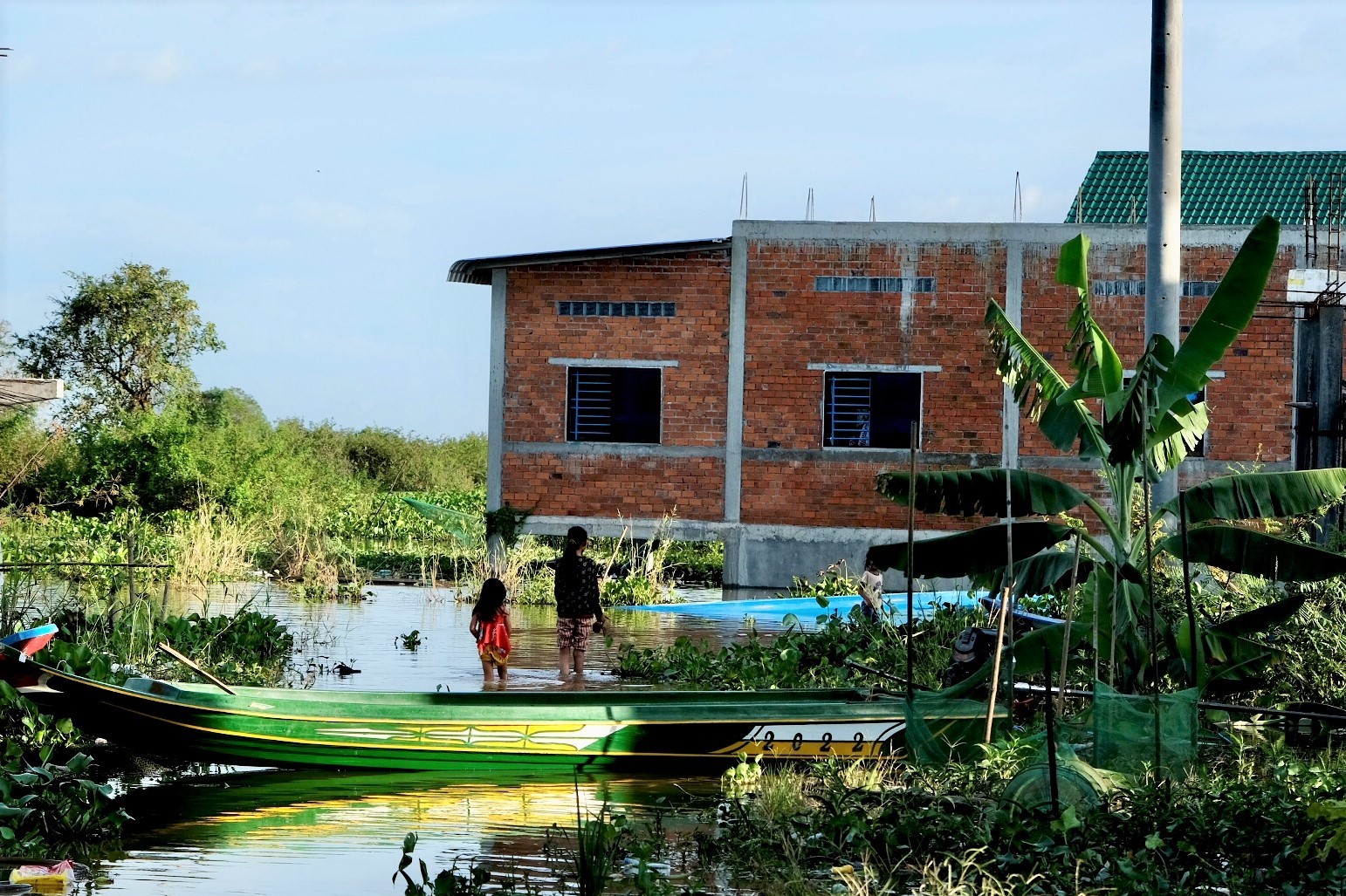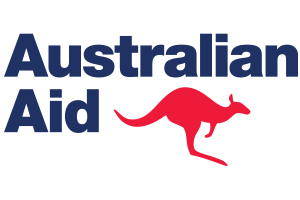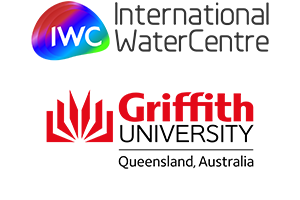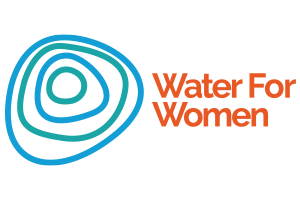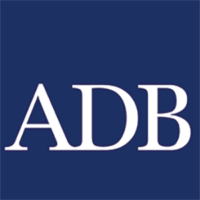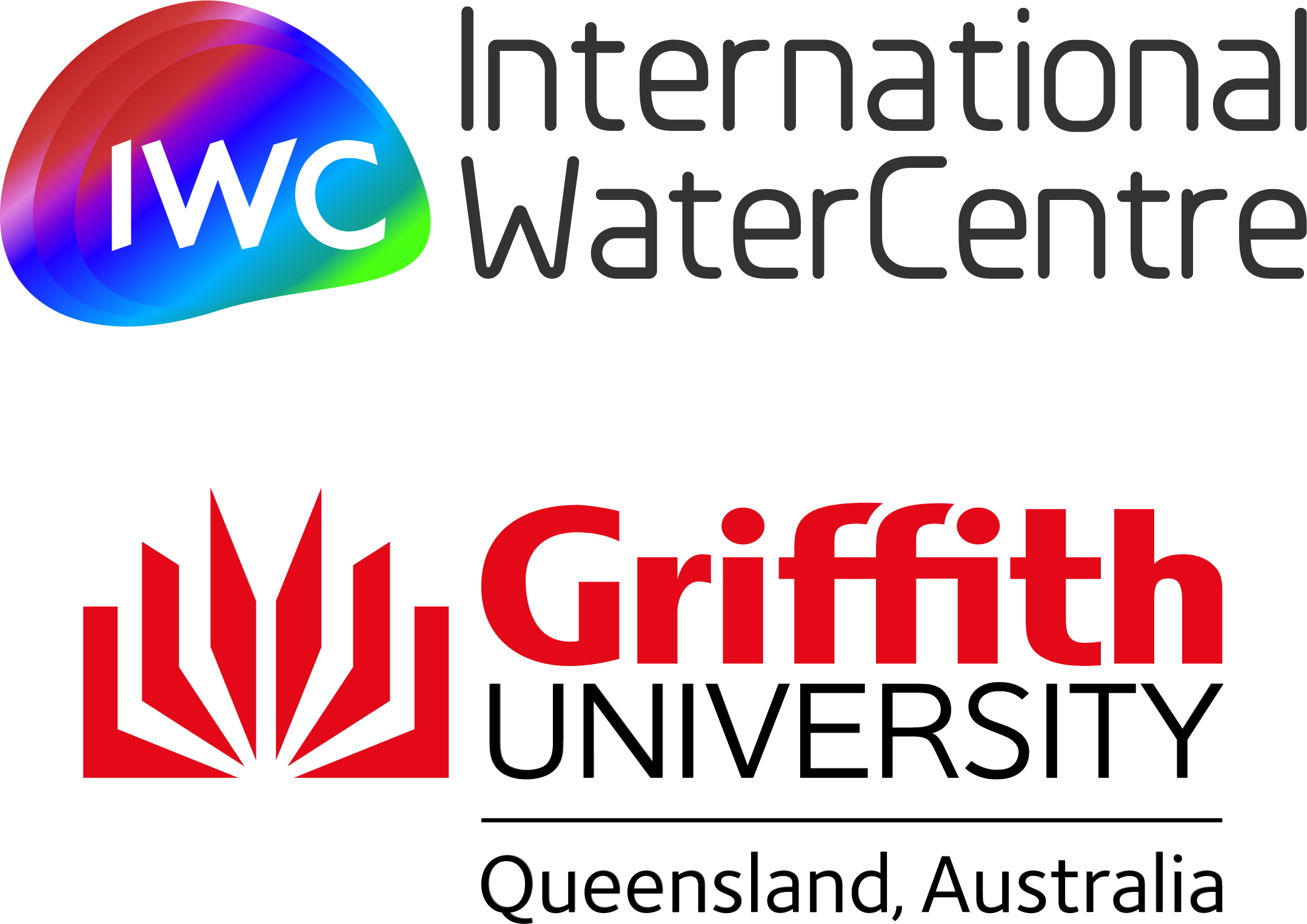Water for Women supports a range of projects and research to help ensure that climate change is not a barrier to improved water, sanitation and hygiene, particularly for women, girls, people with disabilities and other marginalised groups. These include, for example:
- Research led by the University of Sydney’s Institute for Sustainable Futures into how climate change affects WASH services and gender and inclusion outcomes and how its partners can improve practice as a result;
- Supporting integrated and collaborative planning processes for climate-resilient WASH in marginalised urban environments in the Pacific, led by the International WaterCentre in partnership with the University of the South Pacific, Solomon Islands National University and Urban Analytics and Complex Systems;
- The development of a practical guide to help WASH organisations integrate gender, climate and WASH by Plan International Indonesia;
- Development and application of an Inclusive WASH and Climate Adaptation Framework in Wewak District, Papua New Guinea by WaterAid and Hydrology and Risk Consulting; and,
- Supporting local government representatives in Lao PDR and Nepal to overcome barriers to addressing climate change impacts within their jobs, and to become champions of climate action for inclusive WASH, led by SNV’s Lao PDR and Nepal
As these examples show, Water for Women acknowledges that collaboration is essential to achieve inclusive, sustainable and effective WASH outcomes. Water for Women therefore encourages partnerships at all levels including research, program and strategic levels, in the pursuit of innovative WASH solutions.
Water for Women is ambitious in this regard, partnering with 10 civil society organisations at a program level to deliver 20 WASH projects across 15 countries. Each CSO is also working with a number of international and local development partners over the course of the Fund. Water for Women also supports strong, enduring research partnerships across the region through 13 dedicated research projects.
Through Water for Women, the International WaterCentre is conducting action research with Plan International and Live and Learn Solomon Islands, to improve socially-inclusive and climate-resilient water security planning in rural communities. “The ways that people in a community access and use water is not the same across a whole community. And so, the ways they are affected by climate hazards will also be different. Supporting communities to use water planning processes that are socially inclusive is critical to ensuring plans are made of actions that address current and future problems, faced by all people across the community” says Dr Regina Souter from the International WaterCentre.
At the strategic level, Water for Women joins the Australian Department of Foreign Affairs and Trade, the International WaterCentre and the Asian Development Bank as leading partners to convene key learning events that aim to share knowledge around the integration of water management and WASH in the context of a changing climate.
“Water for Women, like most development actors, has had to adapt to the significant impact of COVID-19. Now as countries focus on recovery, attention is also turning what can be learned from this experience to better prepare for future shocks like climate change. Climate change impacts are being felt around the world and often through the water cycle so our ability to deliver integrated and inclusive WASH in this context is critical, especially to a community’s ability to be resilient”, says Alison Baker, Fund Manager, Water for Women.
From 20-23 June 2022, the leading partners will host the Water, WASH and Climate Virtual Symposium. The climate symposium is the second of two virtual events leading up to the Water & WASH Futures Conference planned for 13-18 February 2023 in Brisbane, Australia.
As part of the climate symposium program, Water for Women are co-convening a session entitled Building equality into climate resilience – the critical case for gender and social inclusion in WASH & WRM together with the Australian Government Department of Foreign Affairs and Trade and WaterAid Australia.
“Water for Women partners are champions for gender equality and socially inclusive WASH approaches, and for finding ways that these approaches can be transformative for communities. We are looking forward to sharing and learning at the upcoming Water and WASH Futures events”, said Joanna Mott, Gender and Social Inclusion Adviser, Water for Women
Water for Women, through its projects, research and learning agenda, is helping ensure that women, girls and other marginalised groups have equal opportunity, representation, work and involvement in WASH programs and research, and benefit equally from their outcomes.

